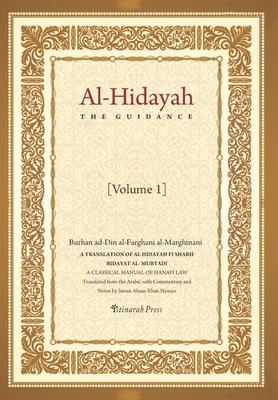The Hidayah has dominated the field of Islamic jurisprudence since the day it was written over 800 years ago. It has been the primary text used by Muslims jurist to issue authentic and reliable rulings on Islamic law according to the school of Imam Abu Hanifa (d 150H/767CE).
The Hidayah commands such an authoritative position amongst the doctors of law that the knowledge of a scholar who has not read it is not considered reliable. It has been a standard text in the curricula of Islamic law schools since the 12th century. It was first translated into English by Charles Hamilton in 1791. Around 70 huge commentaries, some spread over more than a dozen volumes have been written on it.
The number of explanatory glosses is in thousands. Comprehensive in content and conveniently organized, with the publication of this all previous works that discussed Islamic jurisprudence according to the Hanafi law become outmoded and soon fell into disuse. If revealed books are not taken into account, never has a book received so much attention as the Hidayah. This landmark publication of the Hidayah not only has been translated in its entirety for the first time but has been done so from Arabic, the language in which it was written.
The author, Shaykh Al Islam, Burhan Al-Din Marghanani (d 593 AH/ 1197 CE) was considered to be the leading jurist of the Muslim world in his times.
"The hidayah is justly celebrated as the most practical and useful summary compilation of Hanafi jurisprudence. It has been a standard text in the curricula of Islamic law schools since the 12th century. It was first translated by Charles Hamilton in 1791. A new translation into modern English has been long overdue. This translation by Imran Ahsan Khan Nyazee is both precise and straight forward. With his knowledge of Islamic law and jurispudence combined with his command of both the Arabic and English languages, he has conveyed the meaning of the original with great clarity. The hidayah is a dense work, intended for use in teaching Hanafi fiqh - it is a work that needs explication if its arguments are to be understood fully. This the translator has provided through this valuable notes"
Dr Mohammad Akram Nadwi, research fellow, Oxford centre for Islamic studies, Oxford
